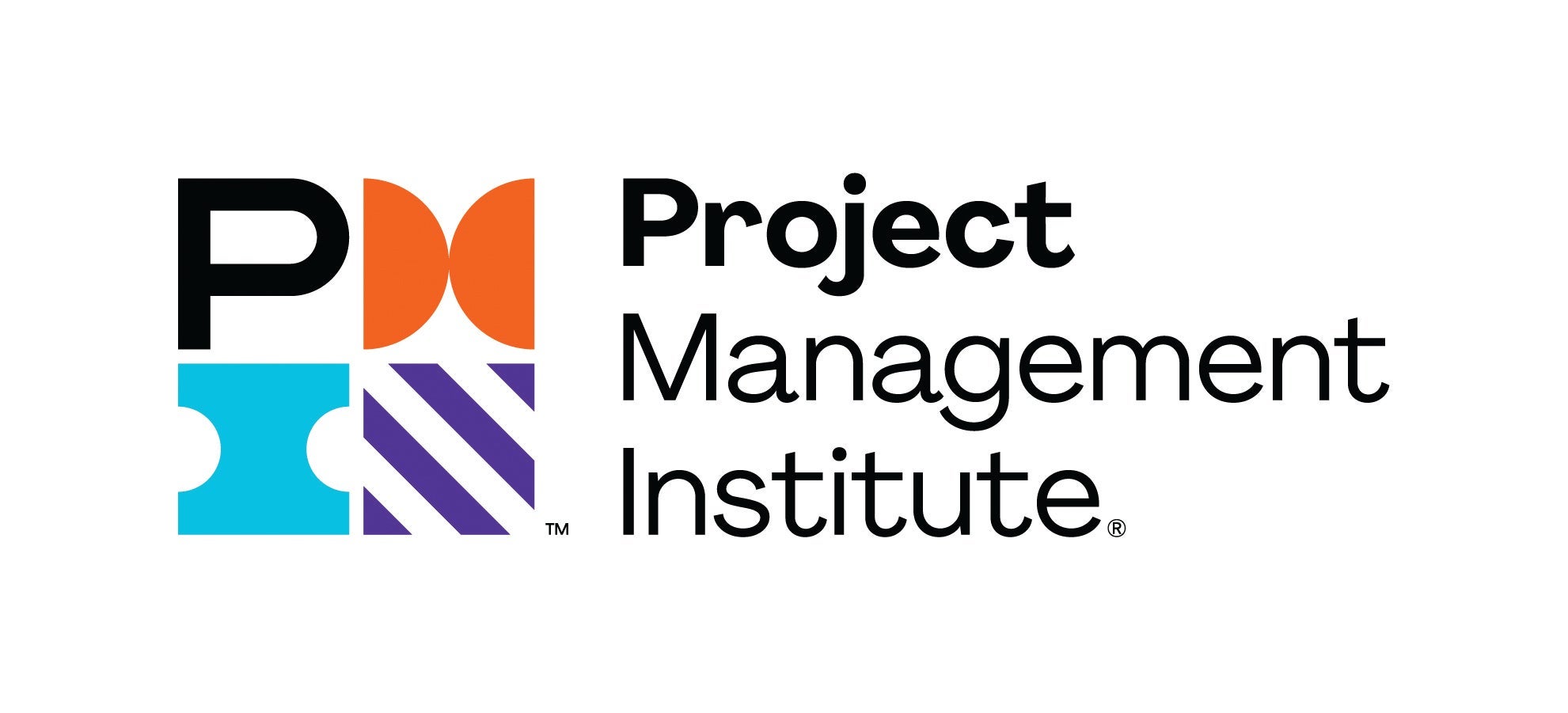
Too often resolutions to become fitter and healthier overlook importance of mental wellbeing. As important as a clean diet and regular exercise, a person’s mental health will have a direct impact on their quality of life. As joggers take over local parks and gym membership rates soar, it should be noted that physiology is just one side of the coin, and recent statistics show that psychological fitness can be a major issue for businesses in the United Kingdom.
Mental health problems – including stress, depression and anxiety – account for almost 60 per cent of all workdays lost due to ill health, according to the Health and Safety Executive (HSE). Indeed, psychological issues overshadow the UK’s absenteeism statistics; 239,000 workers suffered from new cases of work-related stress, depression or anxiety in 2017/18, with the total number of working days lost up close to 16 million.
Positive workplace culture
In the workplace, many UK employers adopt a reactive approach to mental health. But while support in a crisis situation is admirable, it would be better to prevent that crisis from happening in the first place. Although reactive approaches can successfully target individual needs on a case-by-case basis, more proactive approaches have the advantage of helping to nip some psychological conditions in the bud, reducing the risk of trigger scenarios for employees with a more positive and welcoming atmosphere.
So how can the proactive approach work? First, you need a core belief, as an organisation, from the top down, that prevention is better than a cure. The journey can begin with small steps, followed up with tracked outcomes until you have evidence about what works and what doesn’t. Overall, a holistic strategy in which mental health plays a major role alongside the physical and financial aspects of wellbeing could be what’s needed. Essentially, it’s about employees becoming more engaged with the organisation they work for.
Being proactive means promoting awareness, providing training and integrating wellbeing within the organisation as a permanent fixture. It should also be a cost-effective activity and reach the entire workforce through different media. This could include: email updates, visual aids, intranet systems, and perhaps most crucially, face-to-face interactions.
Sometimes a dedicated influence or measure can help to improve mental health at work. If wellbeing is led by a facilitator, sometimes termed a “wellbeing champion”, then there is the opportunity to take a more objective audit of your practices as an organisation. The move to a proactive stance on wellbeing and mental health can be a long road, but along the journey the employer can learn from different sources of insight and make adaptations to the changes. This proactive approach can help ensure that the changes are embedded in the business’s DNA.
Every employee is unique and can respond to stress in different ways. Although it’s not a hard and fast rule, mental health issues can begin small, and end up big enough to dominate an employee’s life to the extent that they feel unable to work. These conditions can conflict with a happy and healthy working environment and do little to improve business. So how can a workplace wellbeing programme introduce small and subtle changes which have the potential to improve the mental health of employees? Here are three short, simple ideas for better workplace mental health:
Wellbeing champions
Workplaces need a point of focus for mental health issues, and that doesn’t mean a few paragraphs on a website. Introduce “wellbeing champions” to your business – real people from your business whose roles include helping those dealing with physiological or mental health issues.
Healthy options
Small, inexpensive physical changes to your workplace, with the emphasis on health can make a difference. Flavoured squash at the water cooler to encourage water consumption or the occasional delivery of free fruit are small steps towards better hydrated and nourished staff. Don’t underestimate how these tiny steps can help to make employees feel good about each working day and help encourage them to make further healthy lifestyle choices outside of the workplace.
Targeted training groups
Targeted training, such as mental health awareness sessions, can be very helpful for key groups of employees. It can be helpful to identify specific absence trends within the business and consider targeted training to support these issues. If the statistics show that key staff are absent through stress, it might be beneficial to consider resilience training or mindfulness sessions.
Many UK companies have taken positive steps towards providing inclusive, caring workplaces. And with well-resourced insurers with group protection and private medical insurance policies offering mental health and other support through bespoke wellbeing programmes more and more companies can benefit.
From stress management to alcohol awareness, from physiotherapy to mindfulness, these training courses could become part of your bespoke workplace wellbeing programme. Insurance providers could be your first port of call if you’re serious about proactive and cost-effective ways to improve your workplace.
Sophie Money is group protection wellbeing manager at Aviva Group. To learn more about how to make wellbeing work for you and your business, please click here.



